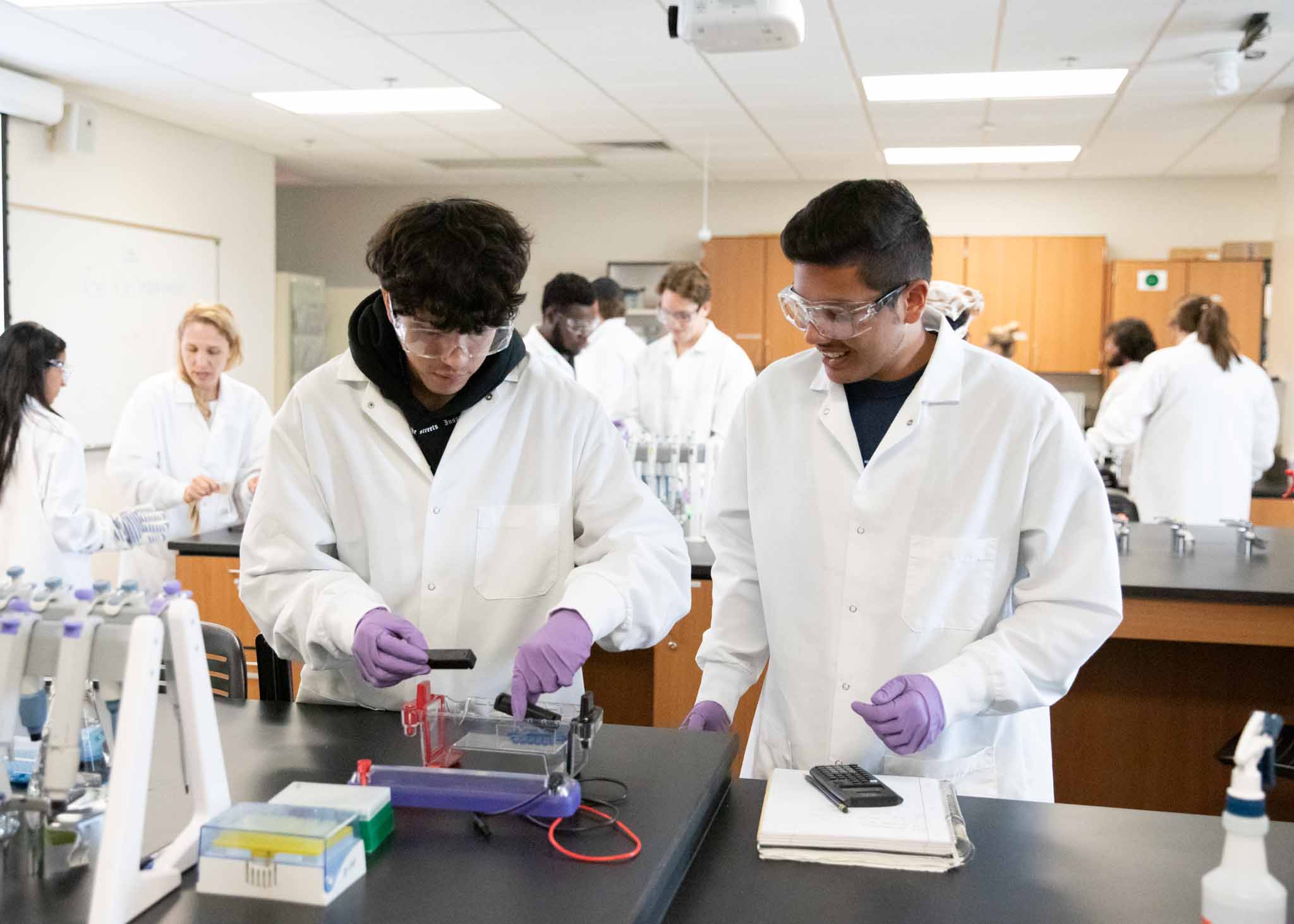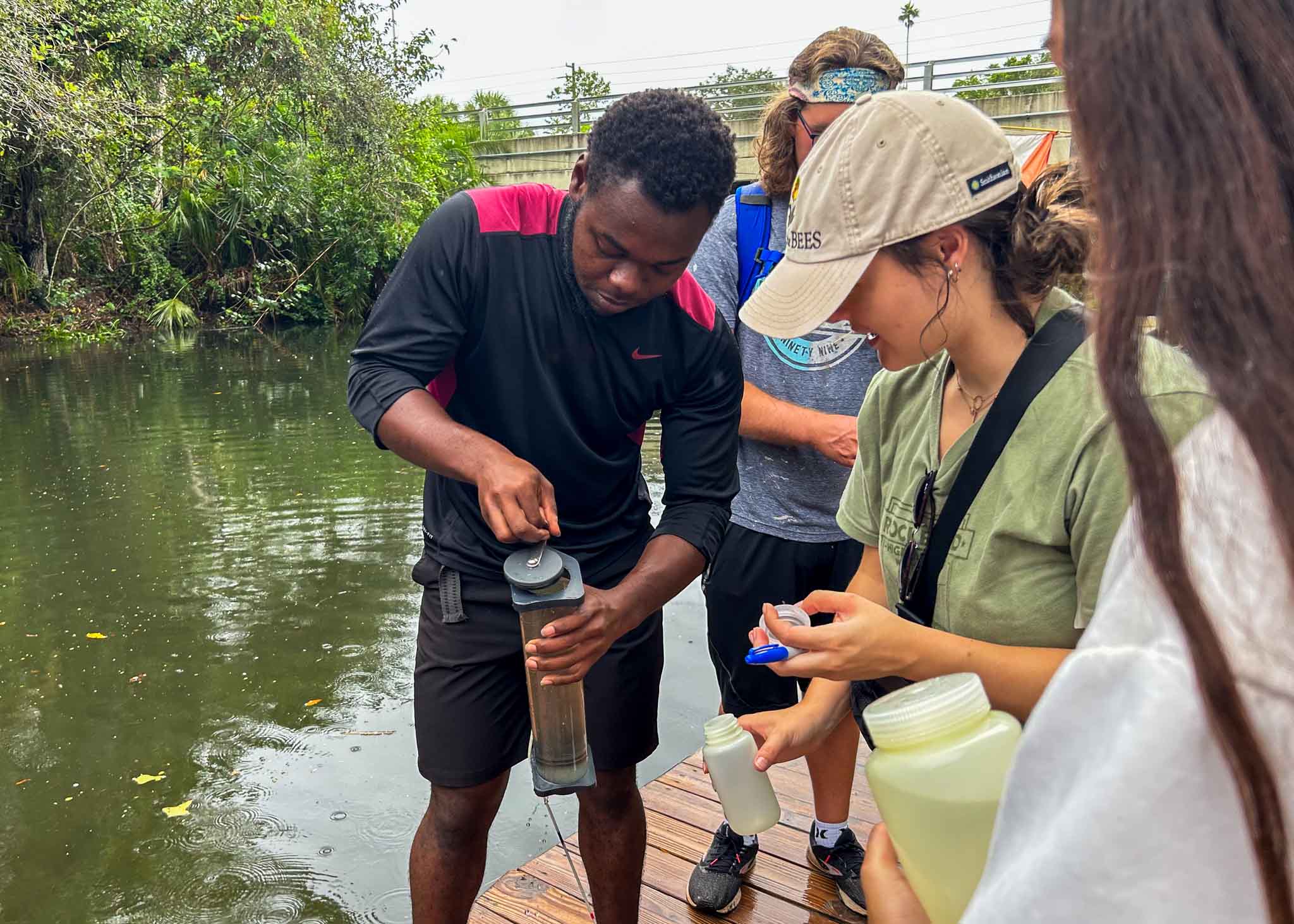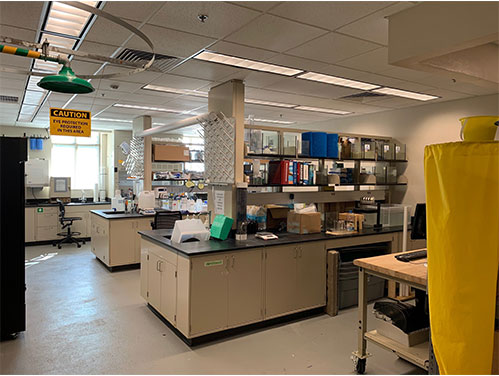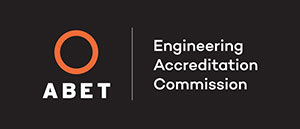Environmental Engineering (B.S.Env.E.)
The ABET accredited B.S. degree in Environmental Engineering addresses current issues found in natural, urban, and commercial systems, using engineering tools to identify problems and work towards sustainable solutions.


Environmental Engineering Facilities
Pictured below are a few of the spaces that Environmental Engineering students frequent.
Wastewater Microbiology Lab
A space where students primarily cultivate bacteria to isolate its DNA.
Wet Chemistry Lab
In the Wet Chemistry Lab students run many tests and conduct experiments. For example, using the Winkler titration test for dissolved oxygen, and nutrient analysis.
Water Quality Analysis Lab
Students perform procedures such as ion chromatography, high performance liquid chromatography, and gas chromatography.

Undergraduate Research Lab
Professors plan and conduct research projects in this area.
-
Accreditation
Toggle More Info -
Admissions Information
Toggle More Info -
Program Requirements
Toggle More Info -
Degree Map
Toggle More Info -
Course Description
Toggle More Info -
Course Schedule
Toggle More Info -
Educational Objectives and Student Outcomes
Toggle More Info -
Learning Outcomes
Toggle More Info -
Tuition, Fees, and Financial Assistance
Toggle More Info


